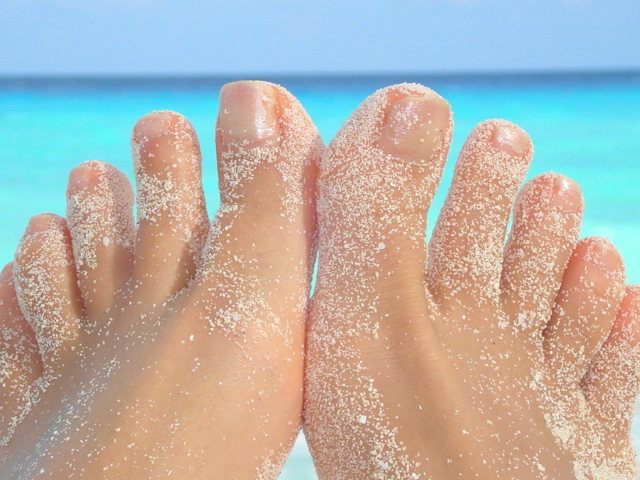According to the Bureau of Labor Statistics, Americans do not only work longer and take less time off than Europeans, and as of late, even the Japanese, they also seem unable to reap the benefits of their holidays as much in terms of recreation and rejuvenation.
Studies show that the effects of taking breaks from work can vary dramatically based on how workers choose to unwind.
Perhaps because most people get no or only short periods of paid vacations here, they tend to fill their getaways with as many activities and experiences as possible.
Others indulge in what they deem to be the exact opposite of work by doing literally nothing. Neither approach is likely to serve well the primary purpose of vacationing, which is to return refreshed and recovered from one’s daily wear and tear.
“Relaxation and vacation aren’t merely the opposite of work. They are engaging, vital parts of your life that deserve happy thought and careful attention,” says Jan Bruce, CEO and founder of meQuilibrium who writes about issues of stress in the workplace. “If you think of vacation as a big blank, that’s what you’ll get.”
It is of great importance to incorporate relaxation into daily life, not only during holidays but as an integral part of one’s lifestyle, she says. After all, how your vacation unfolds is heavily influenced by your mindset. If adventure or playing sports recharges your batteries best, go for it – if lounging by the pool does the trick, by all means lounge on. The point is to get in the right spirit or mental shape that makes a vacation satisfying and successful, she advises.
Done wrong, going on vacation can cause more stress than it alleviates, according to the findings of a study from the Netherlands.
Most vacations seem to have strong but rather short-lived effects on people’s health and wellbeing, says Jessica de Bloom, a researcher in behavioral psychology at Radboud University in Nijmegen, Netherlands, and lead author of the study. Still, positive experiences associated with vacationing like pleasure, relaxation, savoring, and control over one’s time appear to be especially important for the strength and persistence of vacation after-effects, she says.
Not surprisingly, the length of a vacation also makes a difference. Taking time off for two to four weeks – more common in European countries than here – showed greater benefits in terms of recovery from work-related stress than shorter breaks, according to the study. Among the study participants, those benefits peaked around the eighth vacation day and then decreased gradually towards the end of their holiday.
The researchers also looked into the sleep patterns of vacationers. Getting a minimum of eight hours sleep during vacation is strongly recommended, they say, because sleep is an essential part of the recovery process, especially for workers who are chronically sleep-deprived. The effects of getting more rest have also been shown to last beyond the vacation period, which further underlines its importance.
Timi Gustafson R.D. is a registered dietitian, newspaper columnist, blogger and author of the book “The Healthy Diner – How to Eat Right and Still Have Fun”®, which is available on her blog and at amazon.com. For more articles on nutrition, health and lifestyle, visit her blog, “Food and Health with Timi Gustafson R.D.” (www.timigustafson.com). You can follow Timi on Twitter, on Facebook, Google+ and on Pinterest.


